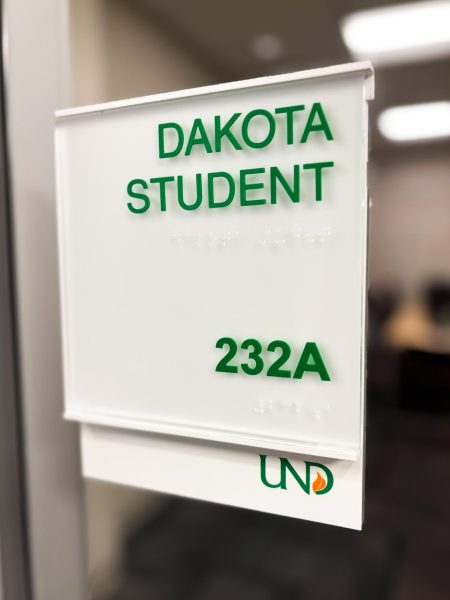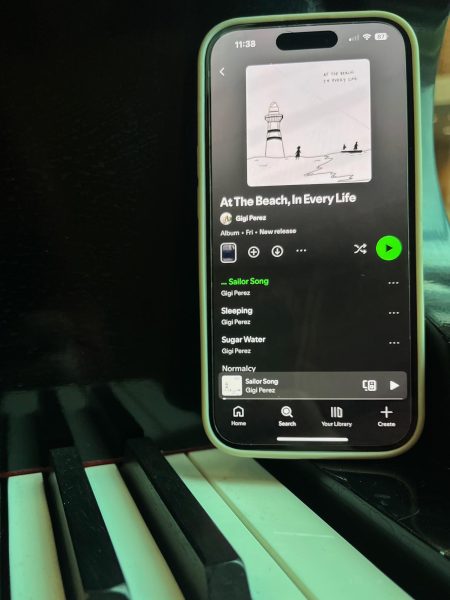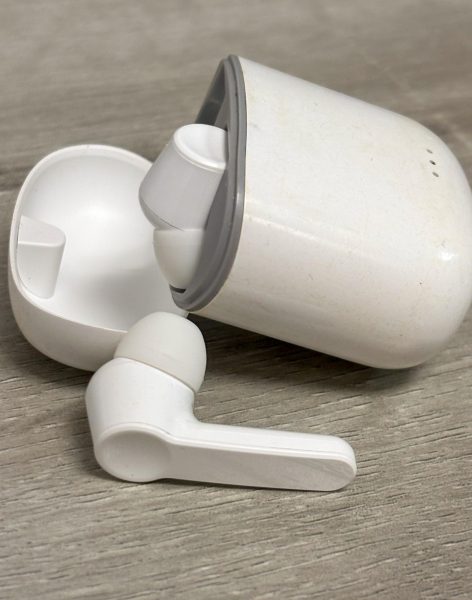The rights and wrongs of jury nullification
In most U.S. jury trials, there are two answers a jury can be expected to give — guilty or not guilty. However, there are two more decisions those serving on a jury are likely never told about.
These decisions are known as jury nullification, and it essentially means that a jury may find a guilty man innocent, not for insufficient evidence, but because the jury doesn’t believe the law is valid.
For example, if a man is guilty of possession of a controlled substance the jury could let him go free because they don’t believe he should be punished.
This is not a written law, but is created as the logical conclusion of two other laws: First, that juries cannot be punished for “wrong” decisions, and, second, that a person cannot be tried for the same crime twice.
The logical creation of these two laws gives us four different verdicts a jury can come to: Not guilty, not guilty nullification, guilty or guilty nullification.
The U.S. legal system relies on strict rules and on juries enforcing the laws that are created by the government to keep order. This is why many district attorneys will ask you, although in a very indirect manner, whether or not you know about nullification. The question is usually phrased “Do you have any beliefs that may prevent you from fulfilling your duties to carry out the law?”
If you answer yes, you may be swiftly rejected.
This is why some, including George Donelly and James Babb, believe jury nullification is an important safeguard against unjust laws and wrongful imprisonment. Donelly and Babb started a crowdfunding campaign to use jury nullification to end the prosecution of victimless crimes in New York City.
However, jury nullification is not necessarily the embodiment of democracy it may seem to be.
Juries also can find an innocent defendant guilty on the grounds of jury nullification. Judges can overrule a guilty verdict they believe was not reached on the evidence provided. However, this still poses a very dangerous prospect for innocent people that have been charged with a crime.
Studies have shown juries that are aware of nullification will often let the more sympathetic defendant go free for a crime, while convicting a less sympathetic defendant for the same crime. This creates problems with nullification, as it is often not applied because a law is unjust, but because a jury sympathizes with the defendant.
Nullification is not a good or a bad thing really. It occupies a space that is necessary to have a fair and balanced judicial system. Nullification is simply the accidental creation of other laws, and the hindering of its practice is almost always necessary in order to ensure a fair system.
The job of a jury is not to interpret or change the law. It is to execute the law to its fullest extent, whether that law is just or not. I won’t argue that citizens should have the right to change the laws, but criminal trials are not the place to do it.
Alex Bertsch is the opinion editor of The Dakota Student. He can be reached at alexander.j.bertsch@my.und.edu.






